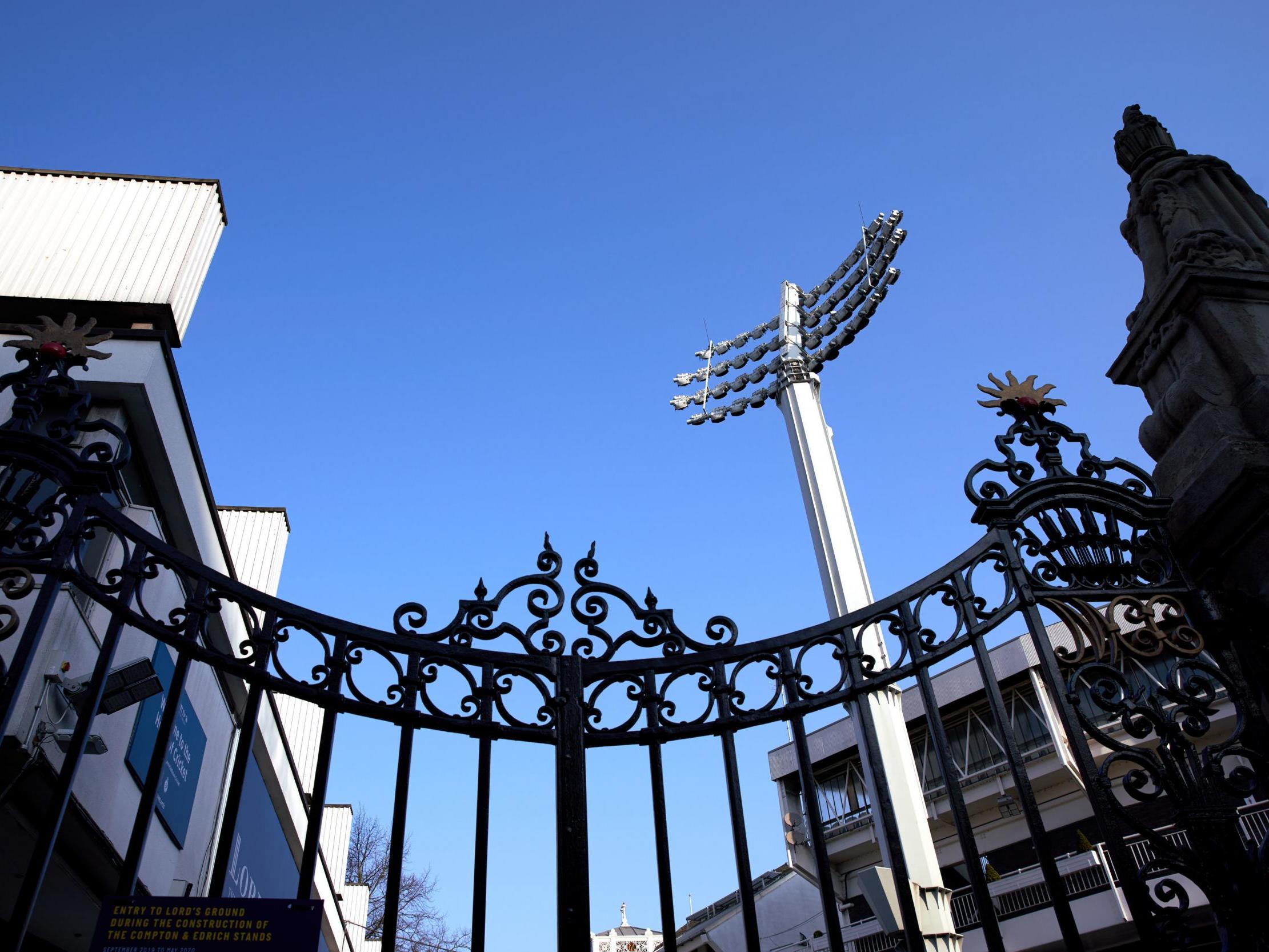This website uses cookies so that we can provide you with the best user experience possible. Cookie information is stored in your browser and performs functions such as recognising you when you return to our website and helping our team to understand which sections of the website you find most interesting and useful.

The England and Wales Cricket Board have announced a £61million interim support package to help English cricket withstand the financial impact of Covid-19.
The stimulus, made up of £40m available immediately to the professional structure and just over £20m for the recreational game, was announced on Tuesday by ECB chief executive Tom Harrison who also revealed he will be taking a pay cut as English cricket looks to made ends meet as a collective. The ECB are also exploring the possibility of furloughing their employees, taking advantage of the scheme that will see them paid 80% of their salary – up to £2,500 a month – by the government
It is expected others like Harrison, who earns £719,175 a year as per the 2018-19 ECB accounts, will also take a cut. But Harrison stated categorically that the governing body “are not seeking pay cuts from England players”. That, of course, could change as the summer rolls on.
“It is no exaggeration to say that this is the biggest challenge the ECB have faced in their history,” Harrison warned. “The extensive cancellations from Olympics to the Euros to Grand Prixs – the impact on the sports evironment is massive. We won’t know the full impact for a few months.”
With the start of the professional season delayed until at least 28 May and the recreation game on hold for the foreseeable future, some of the 18 counties and every level down to grassroots level have been fearing the worst. So far Glamorgan and Yorkshire have put their non-playing staff on furlough. The ECB hope this emergency funding package will help the came keep in business for the time-being.
Around £40m will be made available immediately, with just over £20m coming in interest free loans and grants to recreational clubs.
That larger, immediate injection is made up of a few component parts to the first class counties and county cricket boards: the early release of three months (May, June and July); distribution of two years worth of facilities maintenance cash which carry no restrictions as to how it is spent, along with a further £5.5m available for counties not eligible for 2020-21. There will also be a suspension of international staging fees for fourth months and waving of those frees in 2020 if the match is not played as scheduled due to coronavirus.
Recreation clubs will have access to the extra £20m through a cricket club support loan scheme and grants through the “Return to Cricket” scheme. There will also be a 12-month holiday on loan repayments for these recreational clubs.
The ECB are looking at a variety of situations playing out, with Harrison reiterating the importance of international cricket, the Twenty20 Blast (involving all 18 counties) and The Hundred, the ECB’s new eight-team competition which was due to be rolled out this summer. But the main focus, for now, is on the scenario of no cricket being played at all. And worse.
“In our modelling one is no cricket at all – if we come back from that point then things only get easier,” he said “There are others that are worse than no cricket at all.
“As many sports are finding out this highlights where your issues are as a sport and clearly and we are sport with a high cost base and this is something we have to address. Ultimately, all of those lessons have to be learnt in future issues, whether it is is climate change or something similar to this. Preparing yourselves for something like this is incredibly difficult it is a once in a generation scenario.”
In terms of the three competitions prioritised, the ECB are flexible in their thinking. Discussions between themselves and the boards of West Indies, Pakistan, Australia and Ireland who were due to tour this summer have been encouraging and they are considering the possibility of having Tests and limited overs matches running concurrently with specialist squads for both in order to fulfil commitments to broadcasters, venues, broadcasters and, potentially, the fans.
Whatever cricket that gets played is more than likely to take place behind closed doors with little sign the government’s advice on big crowds will over the next few months. As such, the ECB’s chief operating officer David Mahoney is in constant dialogue with the government, with approval from the department for digital, culture, media and sport needed for any cricket played.
Together with ECB director of special projects Steve Elworthy, a picture of what exactly “behind closed doors” looks like for players and staff needed on match day, from travel to delivery, is being built.
“Do we need to charter flights, hotels – what do we need to make a sterile environment?” stated Harrison as he cycled through the variables. “We are doing that for domestic cricket but it is more complicated for internationals because there players coming from overseas and what quarantine restrictions might be.”
Everything, as is the way right now, is subject to change. And indeed this £61million package could just be the first of many. As Harrison admits, “we don’t think this will be the end of it”.
“We have to acknowledge the bigger picture it is a deeply challenging time. – this is just the start of addressing this massive challenge. We have to work together – every area of the game will be impacted in the event most or all of cricket season is lost.
“Above all to make sure cricket can forward stronger from this.”



 Africana55 Radio
Africana55 Radio 

